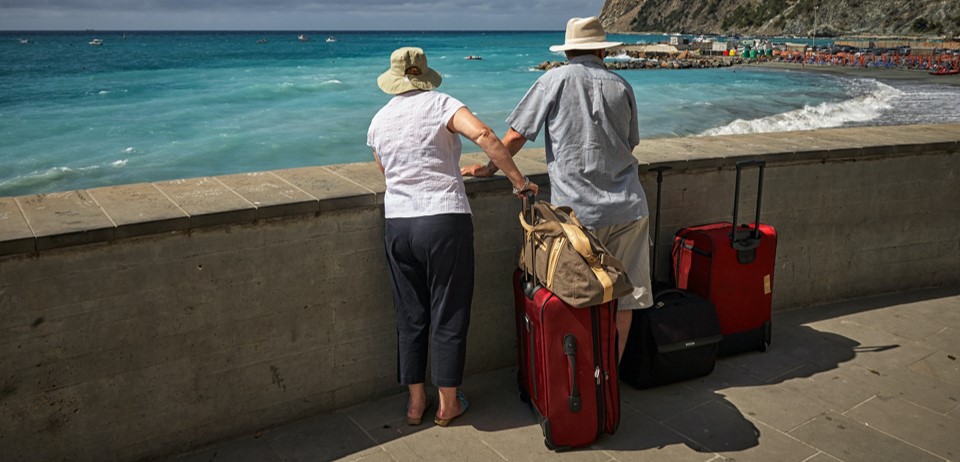Do I Buy Travel Insurance Before Or After Booking?

When Travel Insurance Is a Must Have
Some instances when it is important to have travel insurance are:
1. When you are traveling to a destination where the medical care is not up to the standards of your home country.
2. When you are traveling to a country with high risk of political or civil unrest.
3. When there is a natural disaster in the area you are visiting.
4. When there is a chance of terrorism in the area you are visiting.
5. When you need to cancel or change your flight due to an illness or family emergency.
6. When you are traveling with expensive items that could be lost, damaged, or stolen along the way.
7. When you need to cancel or rebook your trip due to a personal injury, illness, or death of a close family member.
8. When your luggage is lost, stolen, or delayed for more than 24 hours.
9. When your passport is stolen and you need assistance replacing it immediately.
10. When you need emergency medical care while you are abroad.
11. When you need to be evacuated due to a natural disaster or civil unrest in the area you are visiting.
12. When your accommodation is unexpectedly closed for an extended period of time.
The Best Time To Purchase Travel Insurance
It is imperative to purchase travel insurance online as soon as you have finalised your vacation plans. The moment you begin planning the details of your journey, take a few minutes and make sure that you are covered in the event of any unforeseen circumstances.
For optimal coverage, it's best to wait until you have purchased your flight ticket before purchasing travel insurance. Because, you will then be able to know the exact price of the ticket and can then ensure that your policy covers the full cost in case a claim needs to be made later. Knowing more about your excursion and estimated costs can assist you in purchasing a policy that is tailored to meet all of your requirements.
The other best timing to take note of is to buy travel insurance 14 days of making your first trip payment, and anytime (as soon as possible) before you depart.
When Does Travel Coverage Start?
When it comes to Travel Insurance, the day of your physical departure from home marks both the start date of your journey and when coverage should begin. Any losses that occur afterwards are eligible for "post-departure benefits", except in cases of Trip Cancellation where protection begins at 12:01 a.m. on the day after purchasing insurance and ends with the commencement of travel itself!
The journey end date represents the exact day you will come back home from your trip, which is different from when your hotel stay or cruise ends. It is critical to report this data accurately as many times insurance coverage can be extended if a delay happens due to an insured reason. Even if unforeseen circumstances delay your return home, most travel policies automatically extend coverage for such events.
When Is It Too Late To Buy Travel Insurance?
Most travel insurance policies are purchased before the trip, however some are sold during a trip or even after it. Different providers have different rules on when you can and cannot purchase a policy so it is important to check with your provider before making any decisions.
Generally speaking, most travel insurance policies must be purchased at least 14 days prior to departure in order to be eligible for a full refund. If you purchase your policy after this time, you may still receive coverage but the cost and scope of coverage are likely to be much lower. Some policies also have exclusions that apply if they are purchased outside of a certain period prior to departure.
In conclusion, the worst time to buy a travel insurance is when you are already on your trip, and something unforeseen happens. It is best to purchase a policy as soon as you know your travel dates, and make sure that it provides enough coverage for any potential risks associated with your destination. Be sure to read the policy carefully before committing so you are fully aware of your rights and obligations in case of an emergency.
















